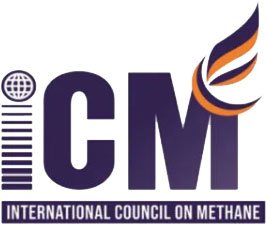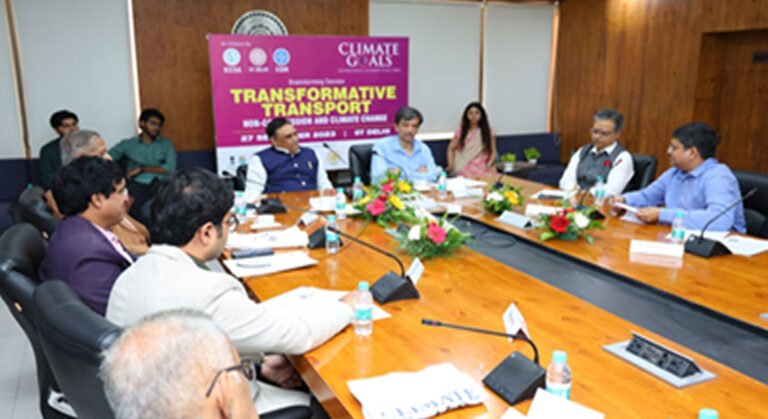For determining the contribution of the transport sector in methane emission a brainstorming session was jointly organised by IIT Delhi, CSIR and ICCSA foundation. The activity’s focused points were:
• Sources, monitoring and management of non-CO2 and methane emissions from the transport sector
• Technological roadmap and abatement of non-CO2 and methane emissions from transport sector
• Gaps and opportunities for non- CO2 and methane emissions from transport sector
• Policy roadmap for non-CO2 and methane emissions control from transport sector
- Infrastructure Investment: Prioritizing investments in infrastructure to support the deployment and sale of electric vehicles (EVs) is crucial. This includes expanding electric charging stations and ensuring they are widely accessible.
- Technology Development: Developing technologies such as compressed biogas for vehicles and advancing in-house cells and batteries can significantly contribute to reducing emissions and promoting sustainable transport options.
- Policy Development: Designing and implementing policies that encourage the adoption of green development, climate finance, and lifestyle changes for the environment are essential. This includes considering regional implications of different fuels and addressing in-use and end-of-life issues of transportation and establishing national emission factors for estimating pollution from vehicles.
- Capacity Building: Investing in capacity building within the energy sector, including the involvement of women in energy production from biomass, can enhance the effectiveness and inclusivity of sustainable energy initiatives.
- Biofuel Promotion: Promoting the use of biofuels, such as ethanol blended in petrol, Bio-CNG from municipal solid waste, and biodiesel, can help reduce CO2 and methane emissions from the transport sector.






